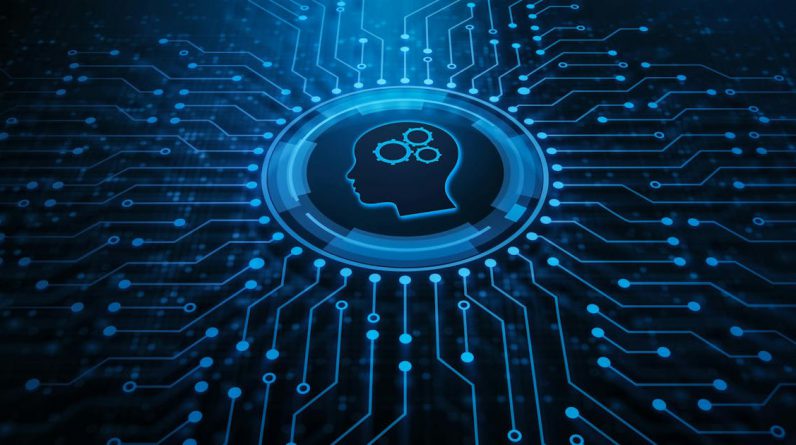
As with previous waves of technological innovation, which initially sparked fear and apocalyptic predictions, the introduction of AI-driven applications in the workplace has raised concerns among American workers about automation-driven job displacement.
There’s some truth to that sentiment, but maybe not in the way you think. To me, the most underrated – and underreported – aspect of artificial intelligence is how employees, and not only employers, stand to benefit from its use.
This will mark the first year of the broader deployment of AI across industries as companies make a major push to embrace innovation. Human resources leaders are digging in, and adapting those tools has taken center stage since ChatGPT was released to the public a little over a year ago. Some 61% of companies plan to invest in AI to streamline processes in 2024, according to a Conference Board survey released in December.
Still, only 21% are investing in AI to create a competitive advantage, the same survey shows. Until now, primarily seeking efficiency gains, HR departments have been focusing on using AI for hiring, recruiting, policy development, explaining benefits using bots and back-office work such as payroll. But HR’s use of AI isn’t aimed as much at employee development and training, where the biggest payoffs may reside.
That’s a shame because reassuring employees that this technology will help them develop and grow would go a long way towards reducing fear of the future, while making employers more compelling sources of long-term career growth. We know that what helps an employer can also help an employee. The truth is that a worker’s relationship to AI is more likely to be symbiotic than antagonistic, despite a steady stream of news stories that predict industry upheaval and mass layoffs.
That said, here are five ways companies can harness AI to improve the employee experience over the next few years.
1. Minimize drudgery. AI has the power to liberate employees from the repetitive tasks and drudgery of rote work, enabling them to focus on more meaningful and strategic endeavors. As companies automate routine duties, workers can redirect their energy in ways that require human creativity, critical thinking and interpersonal skills – things that AI lacks. Customer service roles are notorious for having a tedious component that can be greatly enhanced by AI automation, allowing employees to focus more energy on better interactions with customers. By keeping workers informed of higher-level opportunities that AI frees them up for, companies will reduce anxiety, help workers embrace change and enhance job satisfaction. This approach should also boost productivity and innovation.
2. Building AI tools to reduce bias in hiring and promotion. Human decision-making is naturally susceptible to unconscious biases. However, AI algorithms can be trained on diverse datasets to make objective assessments, leading to potentially fairer opportunities for all. By leveraging AI in HR practices, companies may be able to foster more inclusive workplaces and unlock the full potential of their talent pool. However, AI is not infallible: It is influenced by the prompts and other data you teach it to get the outcomes you desire. It is important to also be aware of bias based on age, race, gender or disability that AI algorithms can introduce into the hiring process.








